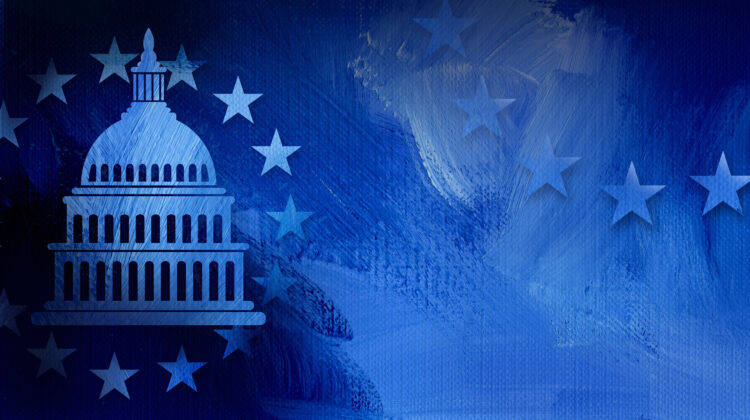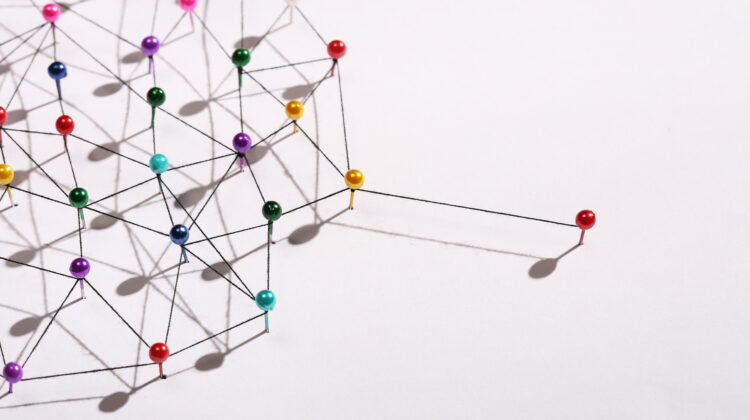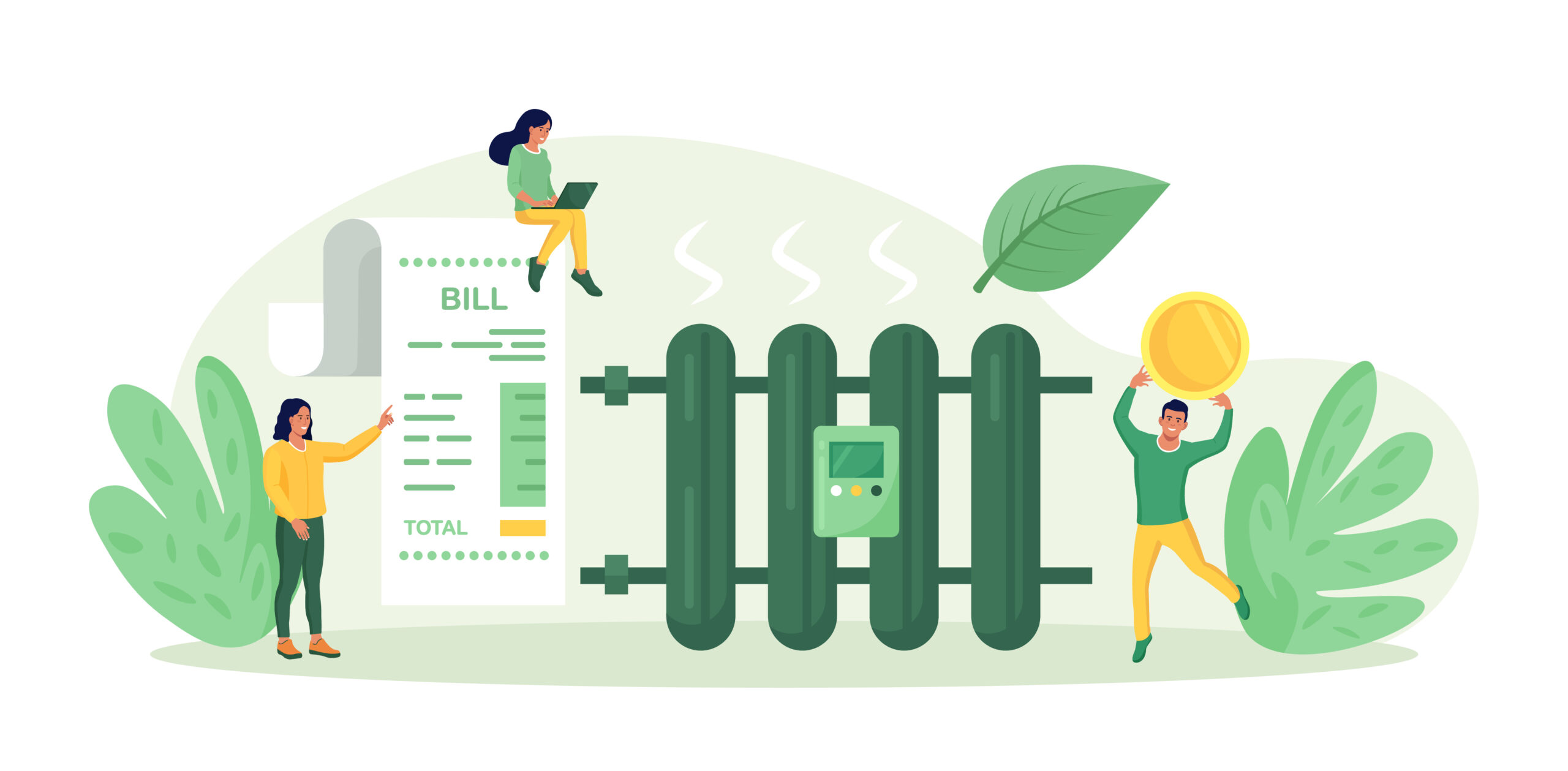Cover Story
New Challenges, New Opportunities, Brighter Future
A Conversation with AAHOA’s Leadership Ahead of AAHOACON25 By AAHOA Staff With AAHOACON around the corner, AAHOA’s elected volunteer leadership is more engaged than ever in shaping the future of hospitality. This year’s convention theme – “New Ideas. New Connections. New Orleans.” – reflects AAHOA’s commitment to innovation, collaboration, and progress. With a new administration in Washington, evolving economic conditions, and emerging opportunities for hotel owners, AAHOA leaders are leading the charge in advocacy, industry partnerships, and member engagement. They are expanding resources, securing strategic…
Continue Reading New Challenges, New Opportunities, Brighter Future
Featured
Orchestrating AAHOACON: The Minds Behind the Magic
The Masterful Planning and Innovation That Make Hospitality’s Premier Event Sing By Christine Preusler Thousands of hoteliers gather annually at AAHOACON, where ideas flow, partnerships form, and the atmosphere buzzes with opportunity. The 2025 convention in New Orleans promises to strike the right chord once again, blending high-impact networking, rich educational sessions, and immersive exhibits with the…
Continue Reading Orchestrating AAHOACON: The Minds Behind the Magic
AAHOA Champions Hospitality Industry Priorities
AAHOA’s Second-Annual HYPE Conference Empowers the Next Generation of Hospitality Leaders By AAHOA Staff From March 11-12, hotel owners from across the country gathered in Washington, D.C., for AAHOA’s Spring National Advocacy Conference (SNAC). Over the course of two days, attendees engaged directly with lawmakers, ensuring their voices remain a priority in federal policymaking. With a new…
Continue Reading AAHOA Champions Hospitality Industry Priorities
Building Meaningful Connections
Members Share Tips for Getting the Most Out of AAHOACON By Nick Fortuna If you’re attending AAHOACON for the first time this year, don’t just dip your toes in timidly. Dive right in. If you arrive with a game plan, a willingness to learn, business cards, and a warm smile, you’re sure to leave smarter and more…
Education, Inspiration, and Celebration
A Preview of AAHOACON25 By AAHOA Staff From April 15 to 17, thousands of people will convene in New Orleans for AAHOA’s signature annual event – the 2025 AAHOA Convention & Trade Show. New Orleans is the perfect backdrop for this year’s gathering. The dynamic and vibrant city reflects AAHOA’s equally dynamic and vibrant members. And AAHOACON25…
Columns
Cut Costs, Not Corners
HVAC automation helps hoteliers find savings and simplicity By Jeff Johns Hoteliers face a balancing act heading into 2025. While travel volume is expected to grow, so are expenses, especially energy and labor – often the two largest line items in a hotel’s operational budget. While automated technology promises to help hoteliers save on both…






